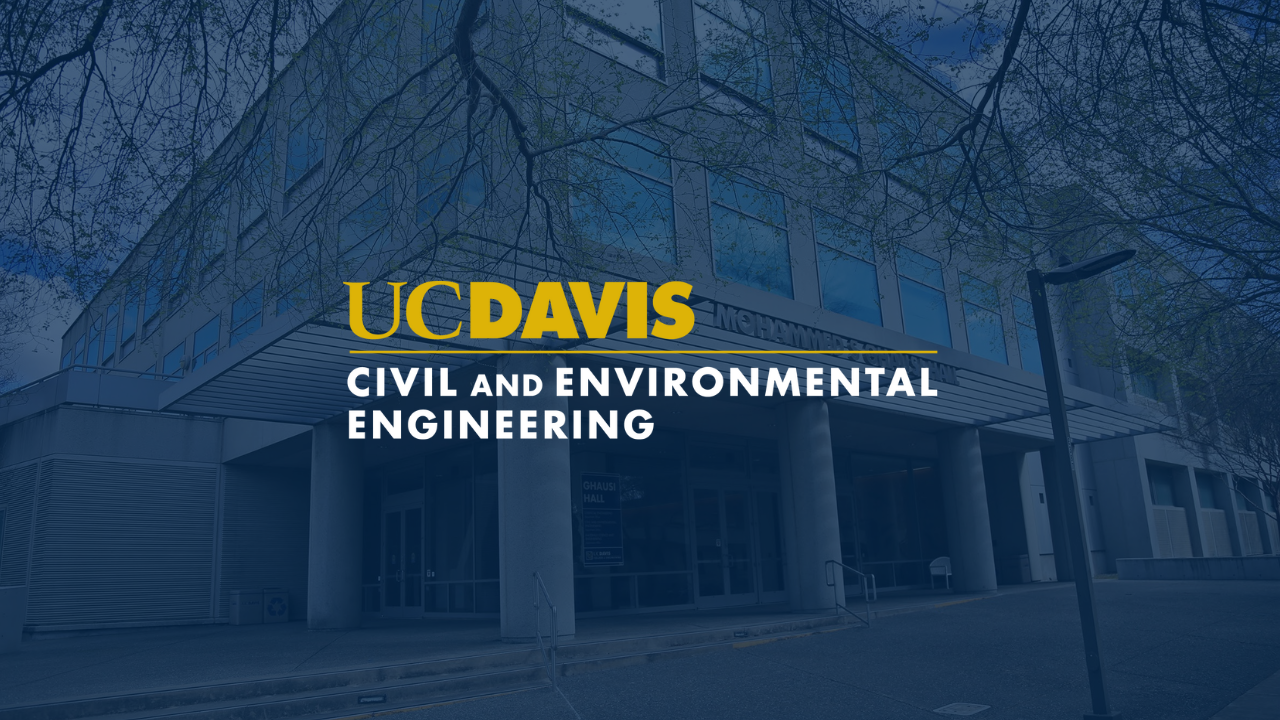
Event Date
Abstract:
In this seminar, Dr. Lin addresses the critical challenges of water scarcity, pollution, and flood risk, emphasizing the complex interplay between nature's uncertainties and human activities. The focus is on advancing our understanding of these challenges and fostering collaborative solutions. Central to the talk is the introduction of a novel, bottom-up modeling technique: agent-based modeling. This approach uniquely combines human decision-making processes with environmental factors, offering insights into water resource management. By simulating the behaviors and interactions of individual agents, this model provides a dynamic and unique view of how human behaviors impact water systems. Dr. Lin will also unveil innovative datasets to advance the national-scale understanding of the water use network for food and water security assessment. Additionally, Dr. Lin discusses how automatic controls can serve as a solution to adapt to the changing climate and what additional risks associated with cyber-physical systems (e.g., cyber-attacks) can emerge with smart water technologies. The seminar will present key findings from Dr. Lin's research on human-water systems. These findings are pivotal in supporting risk-based decision-making, aiming for a more sustainable allocation of water resources. By bridging the gap between theory and practical application, Dr. Lin's work offers tangible solutions to some of the most pressing water-related issues of our time.
Bio:
Dr. Chung-Yi Lin, is a Postdoctoral Associate in the Department of Civil and Environmental Engineering at Virginia Tech. He holds a Ph.D. in Civil Engineering from Lehigh University and an M.S. and B.S. in Bioenvironmental Systems Engineering from National Taiwan University. His research spans various aspects of water management and governance, with a focus on human-water systems, water use science, disaster risk reduction, and smart water systems. Dr. Lin has a strong background in agent-based modeling, smart control, and climate risk assessment. He has contributed to seven publications and more in review. Additionally, Dr. Lin has experience in teaching, mentoring, and professional service, including leadership roles within AGU Water and Society Technical Committee and Hydrology Section Student Subcommittee.
